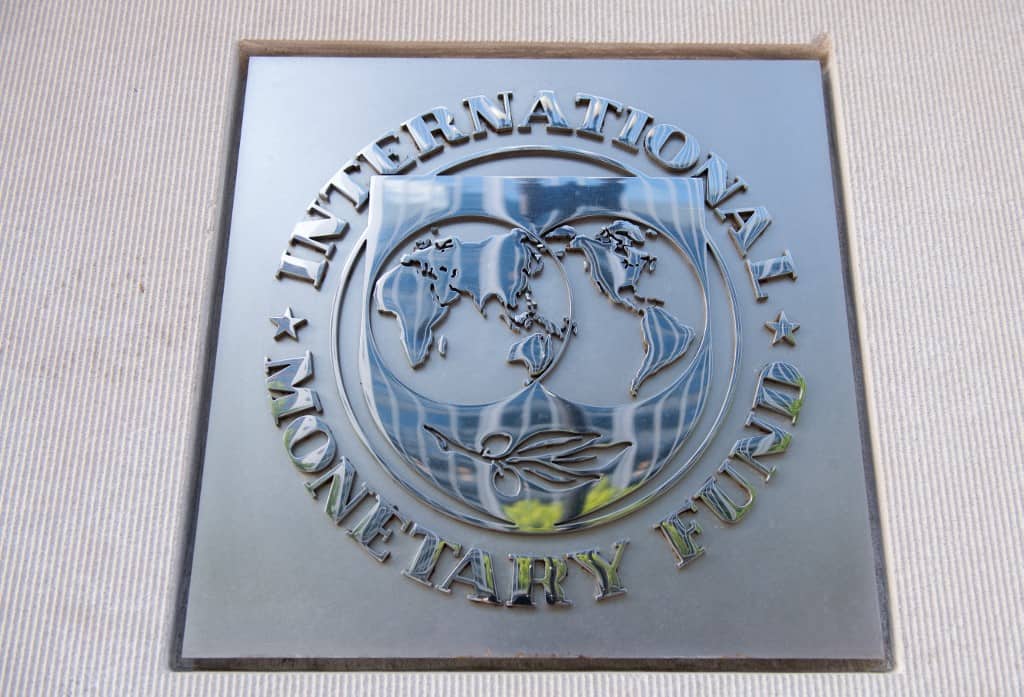Costa Rica embarked on two weeks of negotiations with the International Monetary Fund on Monday, seeking a “viable” solution to its mounting fiscal debt, worsened by the coronavirus epidemic.
President Carlos Alvarado called off the talks last October after a wave of protests fuelled by criticism that the government was looking to find a solution in taxes instead of public spending cuts.
The negotiations opened Monday via videoconference, with the government preparing to unveil its plan for reducing the deficit, projected to reach 9.2 percent of GDP for 2020, up from six percent in 2019.
The country is hoping for a loan of $1.75 billion.
Finance Minister Elian Villegas said Costa Rica was hopeful of a deal “that will be friendly to the Costa Rican population and that is viable in financial and political terms.”
The parties will first discuss the negative impact of the coronavirus epidemic on Costa Rica’s tax collection. It was, at the same time, forced to boost public spending to deal with the unprecedented health crisis
The IMF will also consult MPs, academics, civil society and the private sector, said a statement from the presidency.
The government has said it aims to reduce government spending, excluding debt payments, from 16.45 percent of GDP to 13 percent in five years.
It will also seek to boost income by eliminating or reducing certain tax exemptions, and by taxing the income generated by Costa Ricans abroad.
After last year’s protests, which saw several police officers injured, Alvarado invited political, business, trade union and academic leaders for talks on a potential solution to the country’s economic difficulties.






